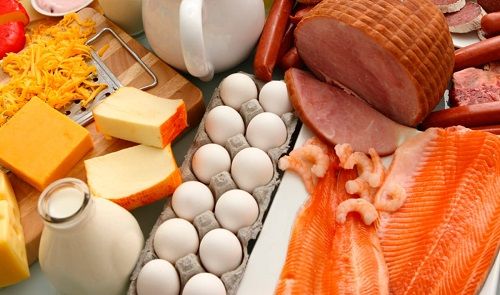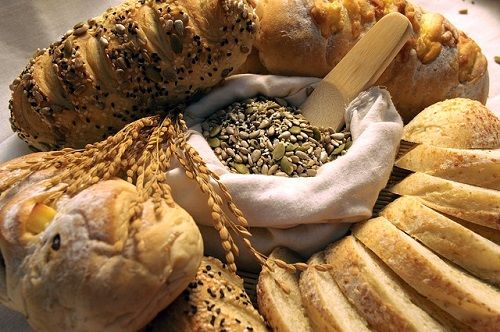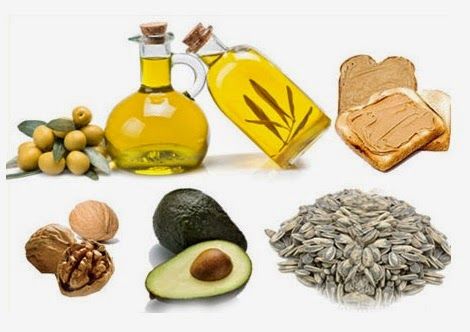
The desire to develop well-defined and attractive muscles is very desired in the world of fitness, especially by those who practice bodybuilding both recreationally and professionally.
However, it is an arduous task that must be maintained to achieve the expected results.
This method includes four basic rules to develop muscle mass: training, feeding, hydration and rest. Here is an extensive article on the subject.
In this article I am going to talk about how to structure a Diet to increase muscle mass in men, a valuable contribution for those who want to develop their muscles successfully.
Daily calorie intake
One of the most used formulas to determine the daily calorie intake that each person needs is the formula of Harris and Benedict. Therefore, when programming a diet to increase muscle mass in men, the basal metabolic rate (BMR) of the individual should be calculated first; The minimum amount of energy required to be at rest or without training.
For men: BMR = (13.4x WEIGHT KG) + (4.8 x HEIGHT IN CM) – (5.68 x age) + 88.36
For example: a 20-year-old man, with 60 kg and 1.80 cm, will get the following result:
(13.4 x 60) + (4.8 x 180) – (5.68 x 20) + 88.36 = 1,642.76
To this result we add the level of physical activity:
- Sedentary: little or no exercise = by 1.2
- Slightly Active: 1-3 days a week = by 1,375
- Moderate active: 3-5 days a week = by 1.55
- Vigorously active: 6-7 days a week = by 1,725
- Extremely active: every day or twice a day = by 1.9
Returning to the previous result and assuming that man is moderately active, then we have:
Male → 1,642.76 x 1.55 = 2546.3 calories per day.
2,546 is the daily calorie consumption that we would need to consume to maintain our weight, therefore, when looking for increase muscle mass, through training, it is necessary to raise consumption between 500 and 1000 additional calories a day, so that there is a surplus of energy that allows promoting hypertrophy.
The recommended portion then, would be between 3000 and 3500 calories per day, for an athlete with the indicated characteristics, which must be distributed through the three macronutrients:
The proteins, which provide the essential amino acids to increase muscle mass, are responsible for tissue repair and energy generator. The amount of protein you should consume should be proportional to your weight; This intake should in no case exceed 2.5 grams of protein per day per kilogram. For example: for an 80 kg athlete, consumption should be around 200 g of protein per day.
Protein sources are: white meat, red meat, fish, dairy, eggs, lentils, chickpeas and beans.

Carbohydrates They are used only to produce energy. Therefore, it is important to ensure adequate intake of this macronutrient to avoid protein depletion. It is recommended between 440 and 480 grams of carbohydrates per day.
Among the foods rich in carbohydrates that you should consume are: pasta, bread and brown rice, flax, barley, muesli cereals, potatoes …

The fats, its role, among many others, is the production of energy. Fat should make up 20 to 25% of the daily calorie intake (640 to 800 calories, which is equivalent to 71-89 grams of fat, respectively).
Among the foods rich in good fats, we find: olives, peanut oil, corn oils, soybeans, sunflower, avocados, sesame seeds, nuts (almonds, chestnuts, walnuts), salmon, mackerel, tuna, flax seeds and sunflower seeds.

Conclusion
All equations and formulas presented in this article are statistically validated worldwide. Therefore, it is a rule of thumb that will allow you to have an excellent guide, when starting to design a Diet to increase muscle mass in men.